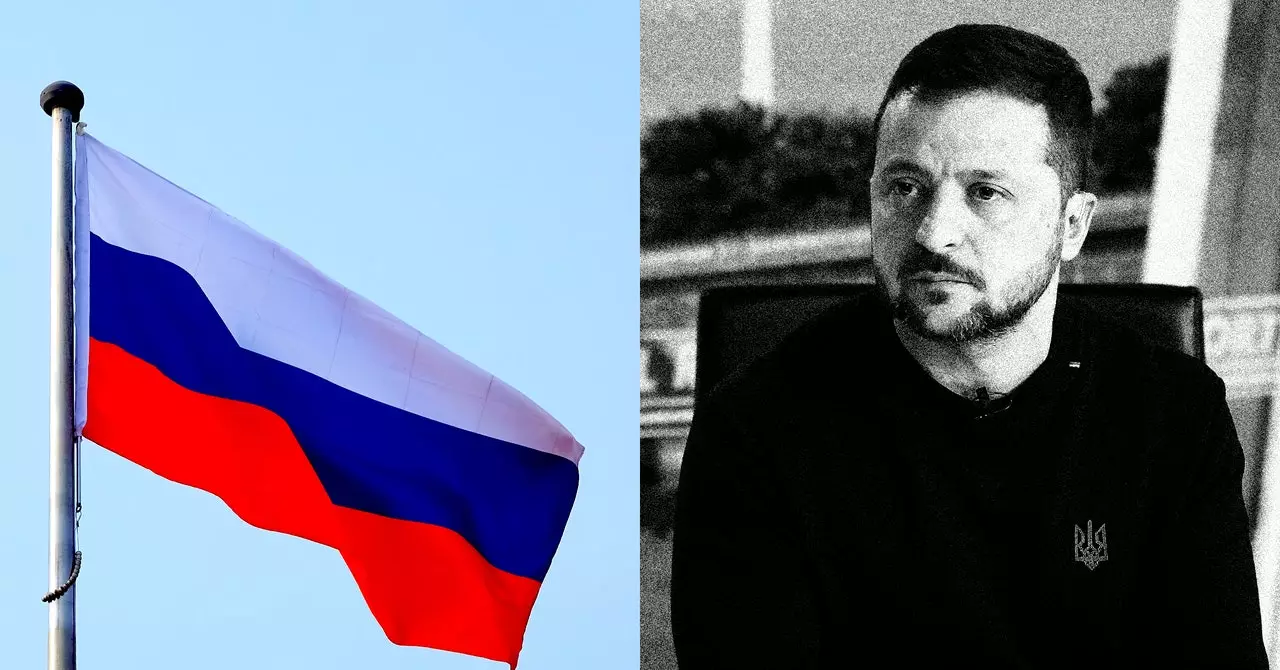In the fast-paced world of social media and online news, misinformation and disinformation can spread like wildfire. A recent incident involving a fake story about Ukrainian president Volodymyr Zelensky’s wife buying a Bugatti car with American aid money sheds light on the dangers of Russian disinformation campaigns. The story, which originated from an unknown French website called Vérité Cachée, quickly made its way to the trending topics on social media platforms and became the top result on Google within a mere 24 hours.
The headline on the article from Vérité Cachée claimed, “Olena Zelenska became the first owner of the all-new Bugatti Tourbillon.” The fabricated story suggested that during a trip to Paris, the Ukrainian first lady was given a private viewing of a $4.8 million Bugatti supercar and immediately placed an order. The article even included a video featuring a man claiming to work at the dealership, adding an additional layer of false credibility to the story. However, both the video and the website itself were proven to be completely fake.
Researchers at Recorded Future, a cybersecurity company, uncovered that Vérité Cachée is part of a network of websites likely linked to the Russian government that disseminates propaganda and disinformation across Europe and the US. These websites use generative AI to create, scrape, and manipulate content, attributing thousands of false articles to fake journalists. The disinformation about the Bugatti quickly gained traction, with numerous Russian media outlets and pro-Kremlin Telegram channels propagating the fake story.
Despite Bugatti issuing a statement to debunk the false claims, the disinformation continued to spread rapidly on social media platforms like X. Pro-Kremlin accounts shared the story, and it caught the attention of individuals like Jackson Hinkle, a pro-Russian, pro-Trump troll with 2.6 million followers, further perpetuating the deception. English-language websites picked up the story, citing social media posts and the Vérité Cachée article as sources, leading to its proliferation online.
The rapid dissemination of this fake story illustrates the ease with which bad actors can exploit online platforms to sow discord and spread misinformation. From an unknown website to a top search result on Google, the deception took hold within hours, undermining people’s trust in the information they encounter online. This incident serves as a stark reminder of the importance of critically evaluating sources and verifying information before sharing or believing in it.
The case of the fake Bugatti story involving Volodymyr Zelensky’s wife highlights the pervasive threat of Russian disinformation campaigns and the swift spread of fake news in the digital age. It underscores the critical need for media literacy and vigilance in navigating the complex landscape of online information.


Leave a Reply